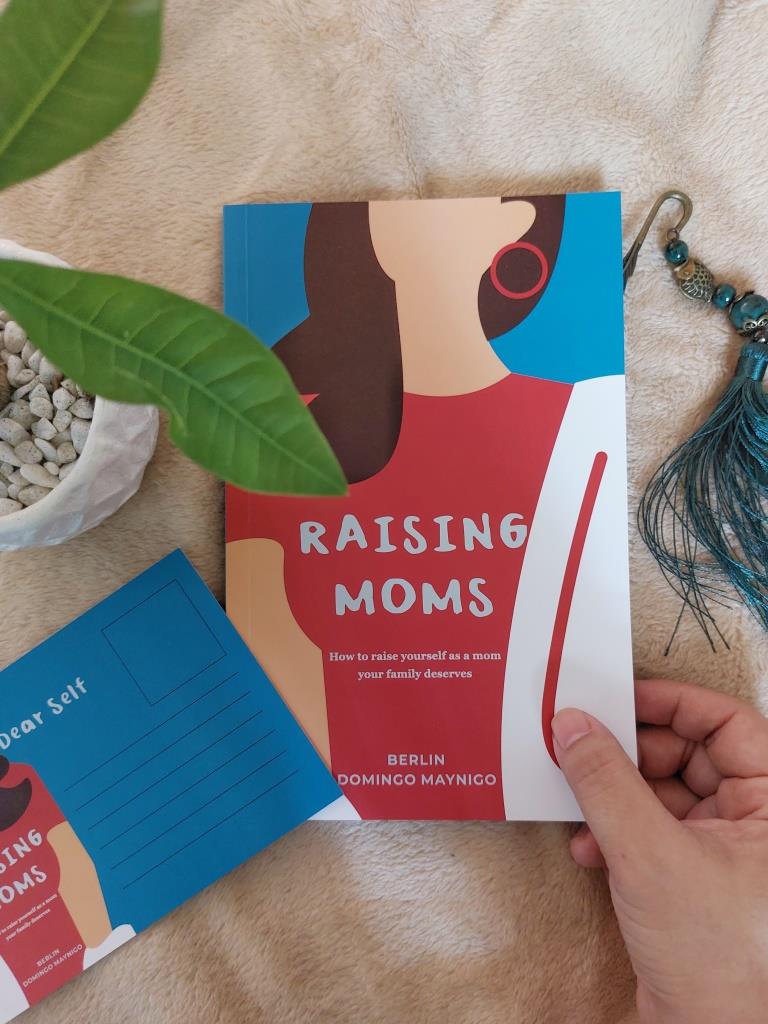When someone talks about the advantages of responsive parenting, we often consider it from the perspective of cognitive development. As a mother, being more sensitive to our kids’ emotions is apparently our most significant achievement.
During babyhood, we hold our baby up whenever he cries. It is a natural reaction. We try to fulfill his demands and give most of our time keeping our infant close to us. But, have you ever thought that your proximity and closeness help develop the emotional bonding between you and the child? Yes, it does improve and strengthen the emotional bonding.
However, the more difficult phase of parenting begins when our kid grows up and starts showing those upsetting toddler behaviors. The best way to deal with this stage is to demonstrate how sensitive we could be.

MOMI SHARES| Top 3 Ways to Parent With Sensitivity
Take him in our arms
It is normal to pick our kid up when he is continuously crying. However, when our adored child grows up to be a fussy kid – who not just drops tears but also screams and swings his hands and legs – then the immediate action that we may need to take is to hug him. Cuddling him is the best way to diffuse the fussy behavior of any toddler.
Know the importance of patience
The majority of parents refer to their child as “junior mum.” It is because the child copies every action of the mother. In fact, many parents love to see their youngsters doing an imitation. As a guardian, we are the hub of our kids’ world and the mirror from which y
our kiddos learn how to mingle and interact with the world. So, how can we teach our children the value of patience if we do not reveal it from our actions?
Let’s consider a situation. We are having dinner in the restaurant and our kid has a tantrum. It is apparent that we will feel angry. However, take it as an opportunity instead to show patience.
Acknowledge his feelings
What appears unreasonable to a parent is a genuine emotion to a child. And it will reveal itself in those childish actions that may make the parent lose his temper. A kid tries to communicate with his elders, but he can’t express his feelings in words. He feels angry when parents don’t acknowledge his feelings.
Remember, it is the first time when a child is undergoing the feelings of annoyance, disappointment, and sadness. Thus, it is necessary to give his emotions and feelings a name. As soon as a parent starts acknowledging a youngster’s feelings, the latter begins to understand and believe that his parents are trying to help him.
Ways to parent with sensitivity

MOMI SHARES| Top 3 Ways to Parent With Sensitivity
It is all about parenting with sensitivity. According to a base of private tutors at Singapore tuition, parents should be a role model to their children. By showing that we are sympathetic to our kids’ feelings, we teach our youngsters how to be kind to others as well.












Yes cuddling is one thing that works most of the time.
Sometimes distracting the kid also helps. I have tried it several times successfully except a couple of incidents when the adamancy had to be handled in another way. Very well highlighted methods.
Yes on cuddling. Kids love to be cuddled. Even adults. 🙂
It is really important that parents to have patience.As you mentioned,kids always follow their parents,specially the mom.My kid always copy what I do.So,I am very careful with my activities.Cuddling is one of the best ways to make any kid calm and relax.
Yes, we should really be careful with our actions as well with the choice of words. They can be real attentive and curious on what we do.
Showing that you are there for them is very important for kids. They need our touch. That’s a feeling of security for them.